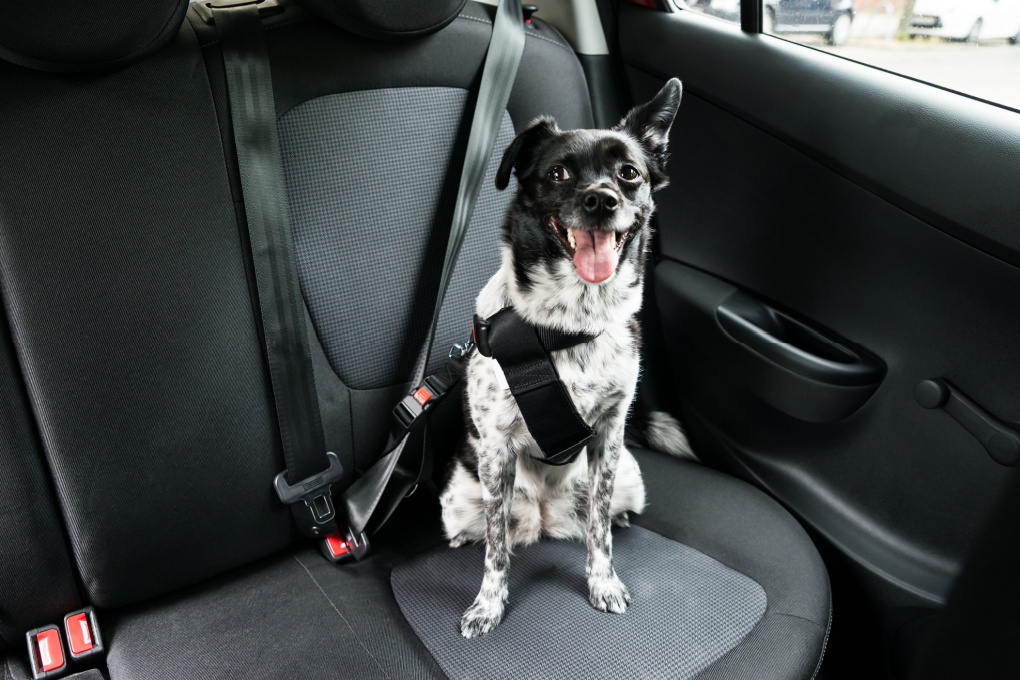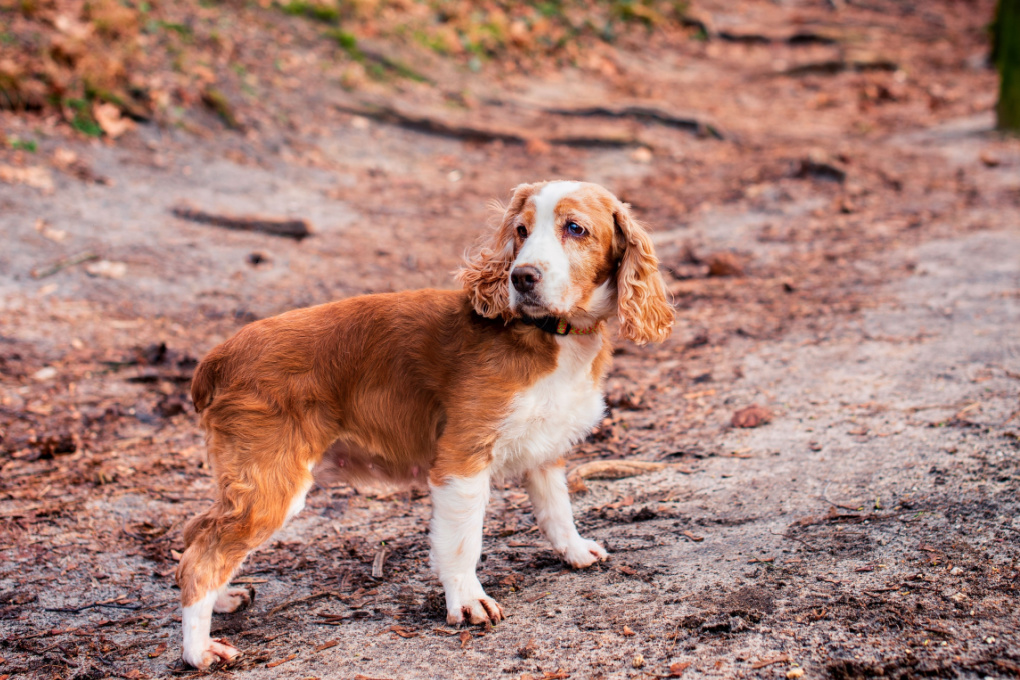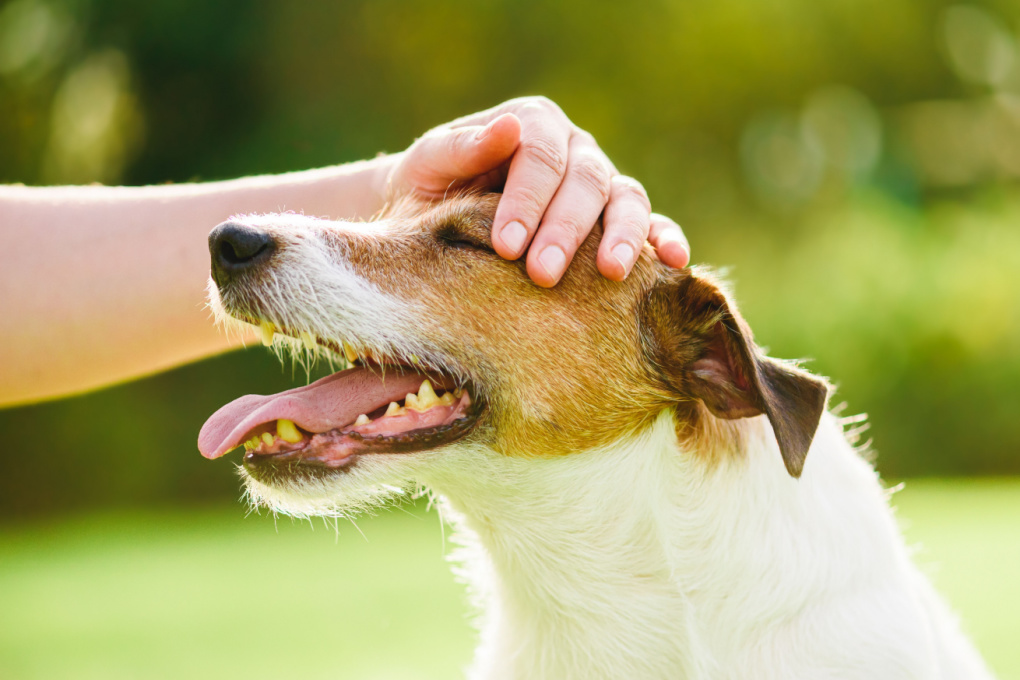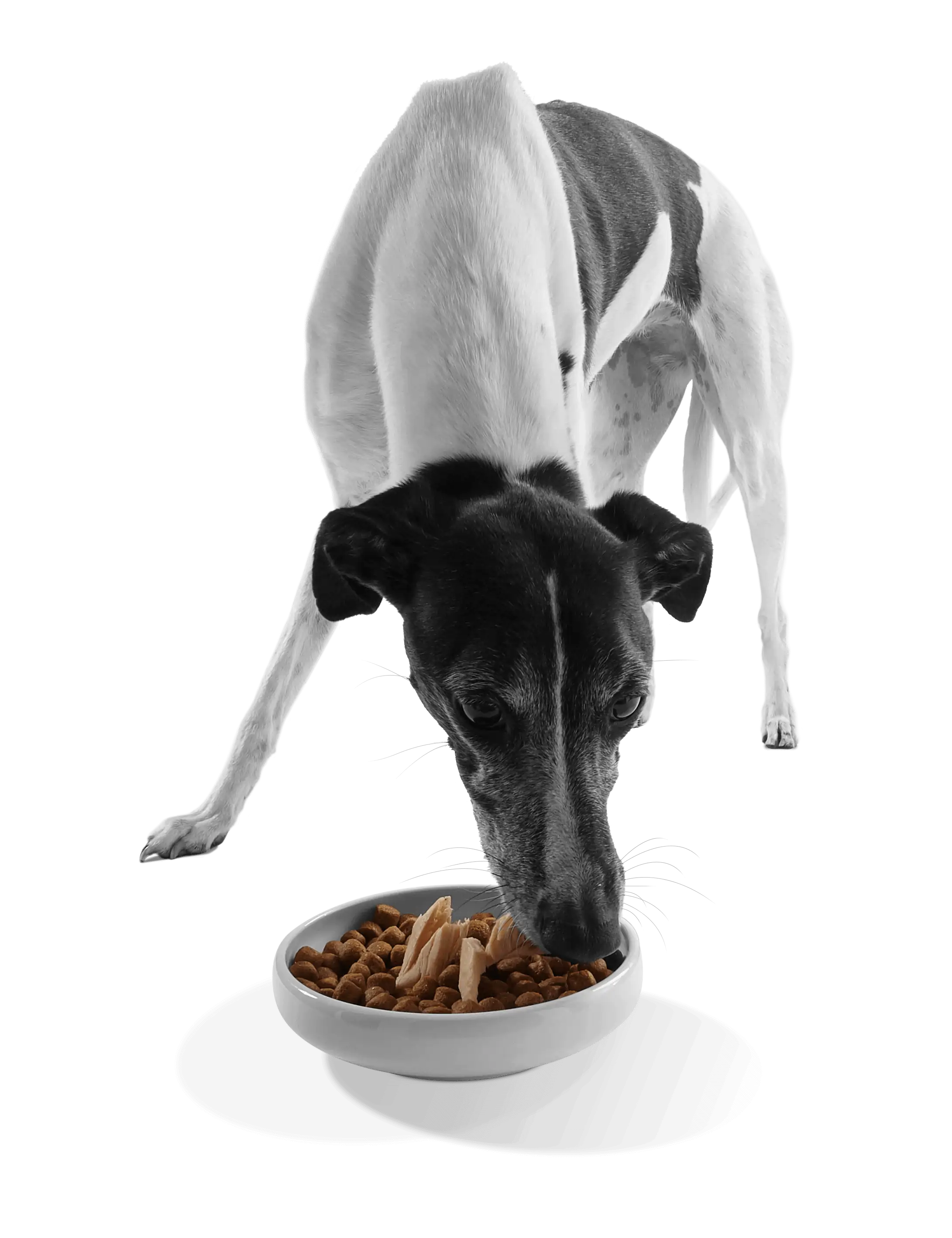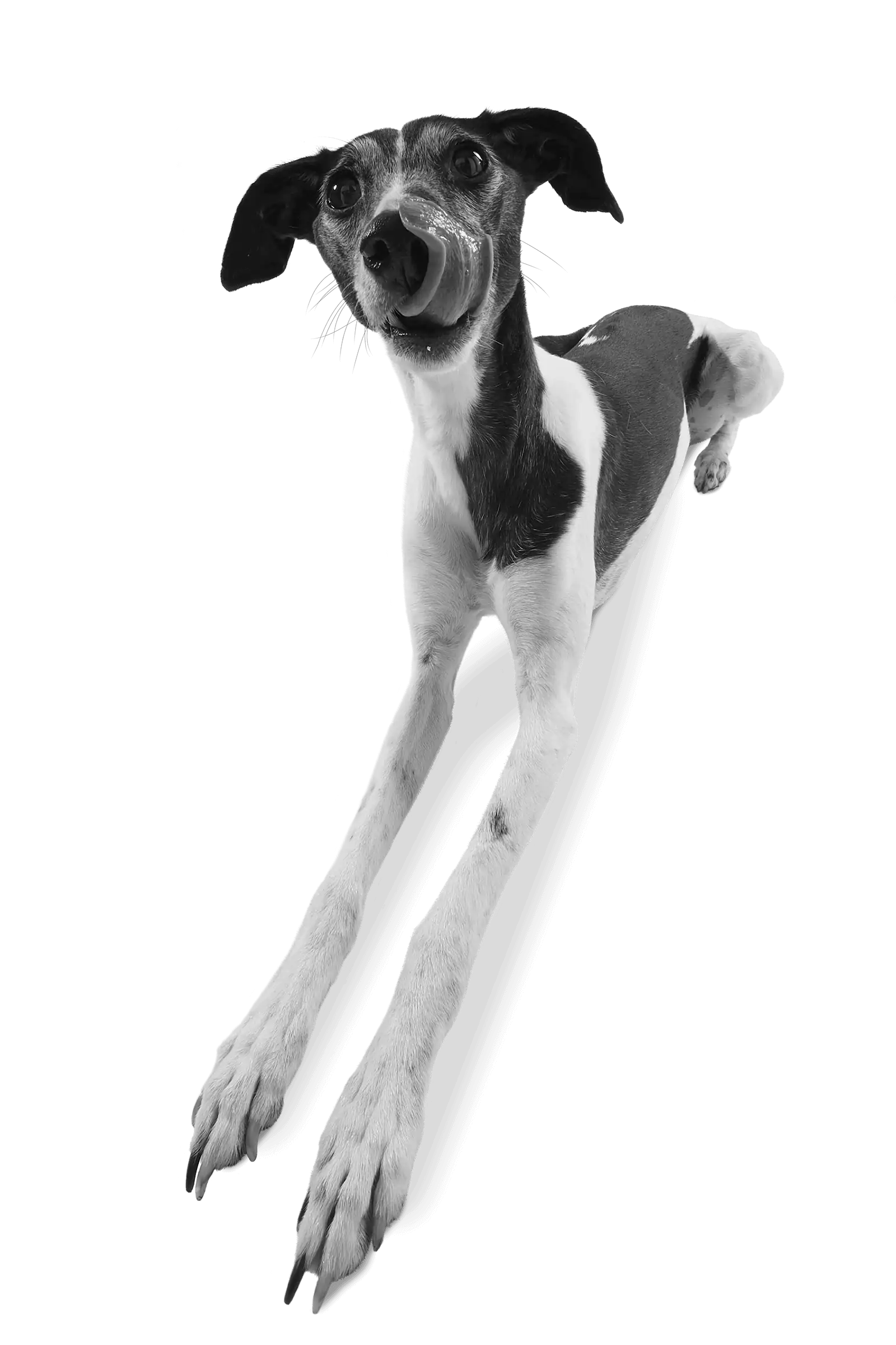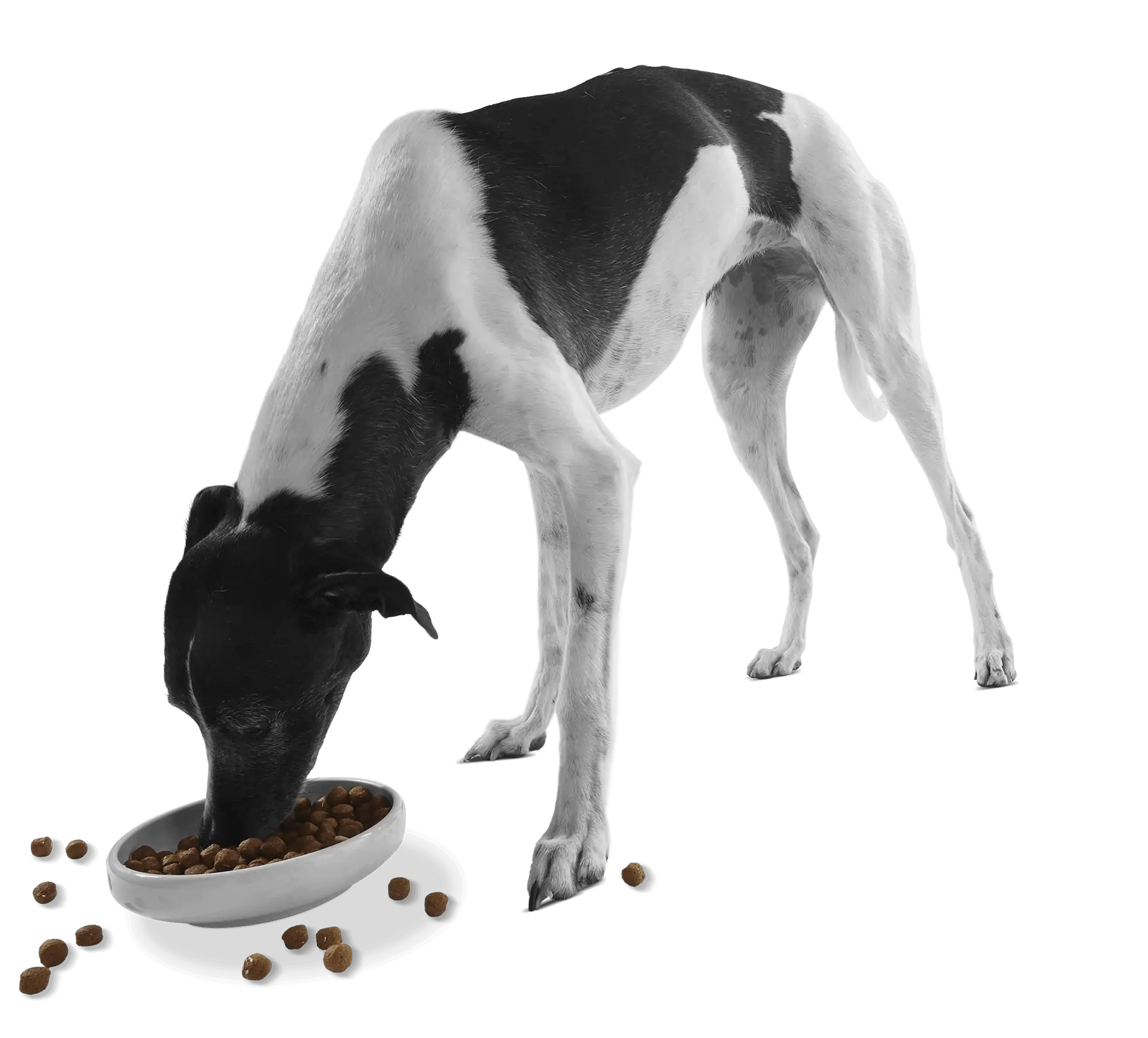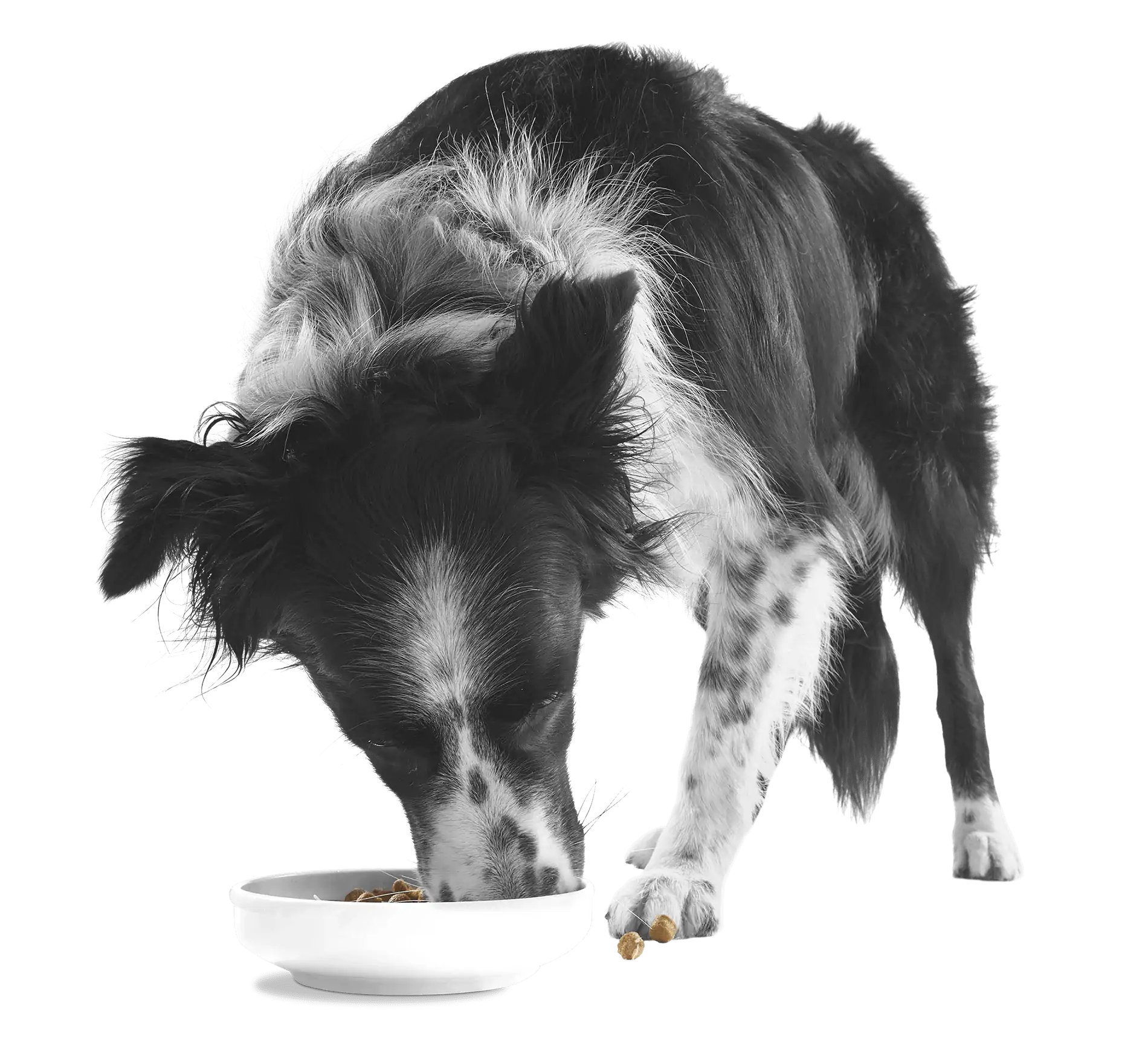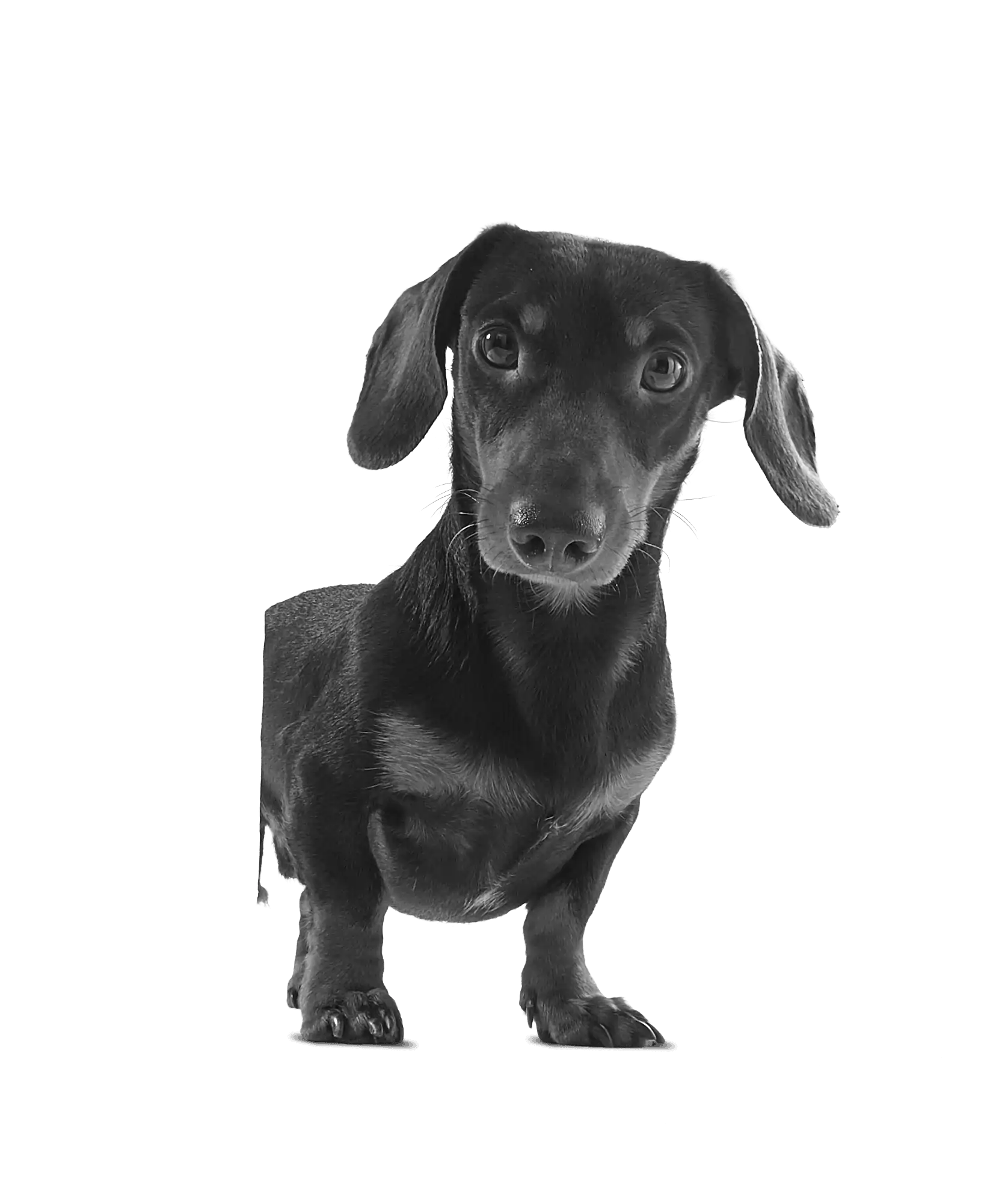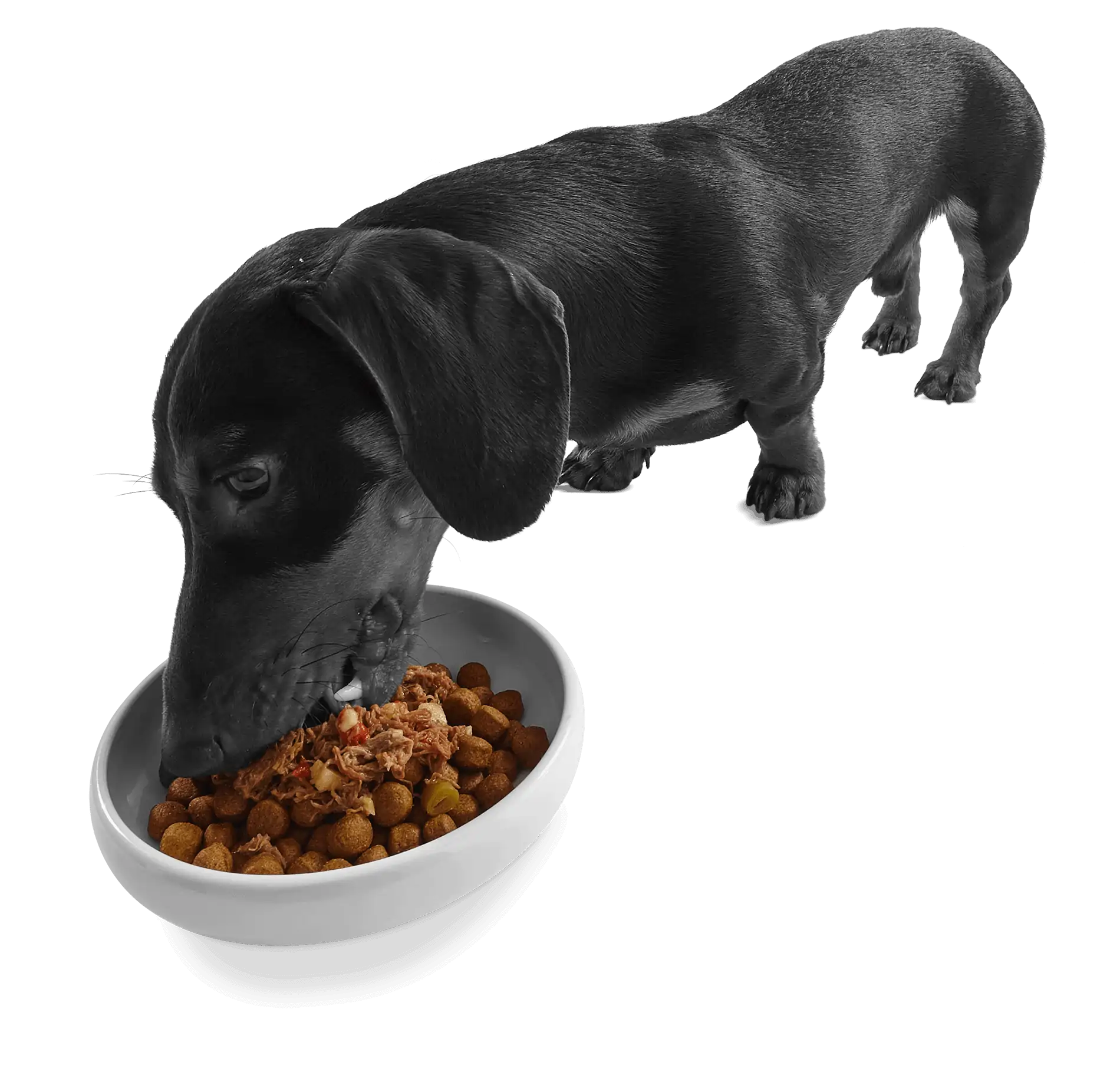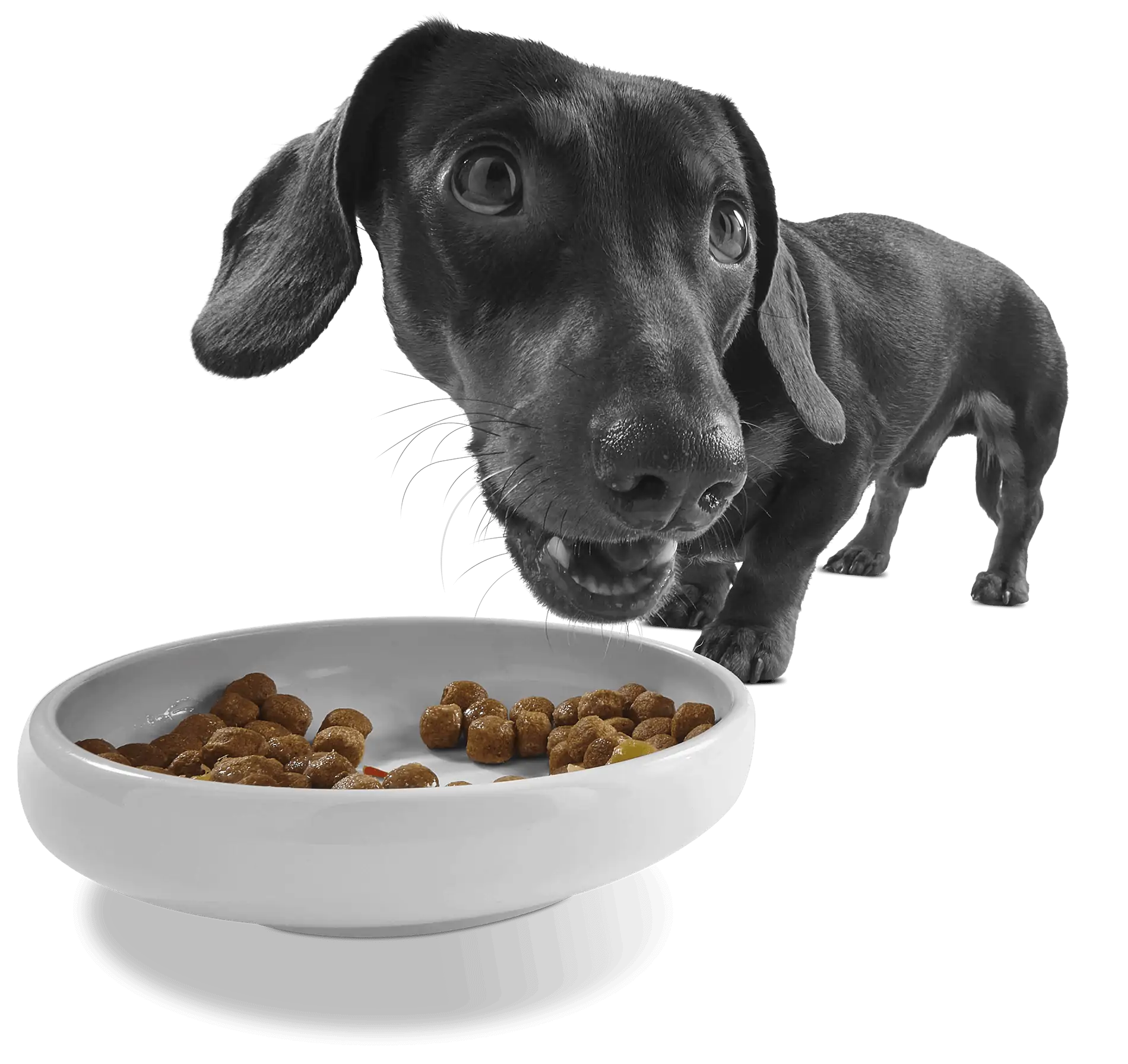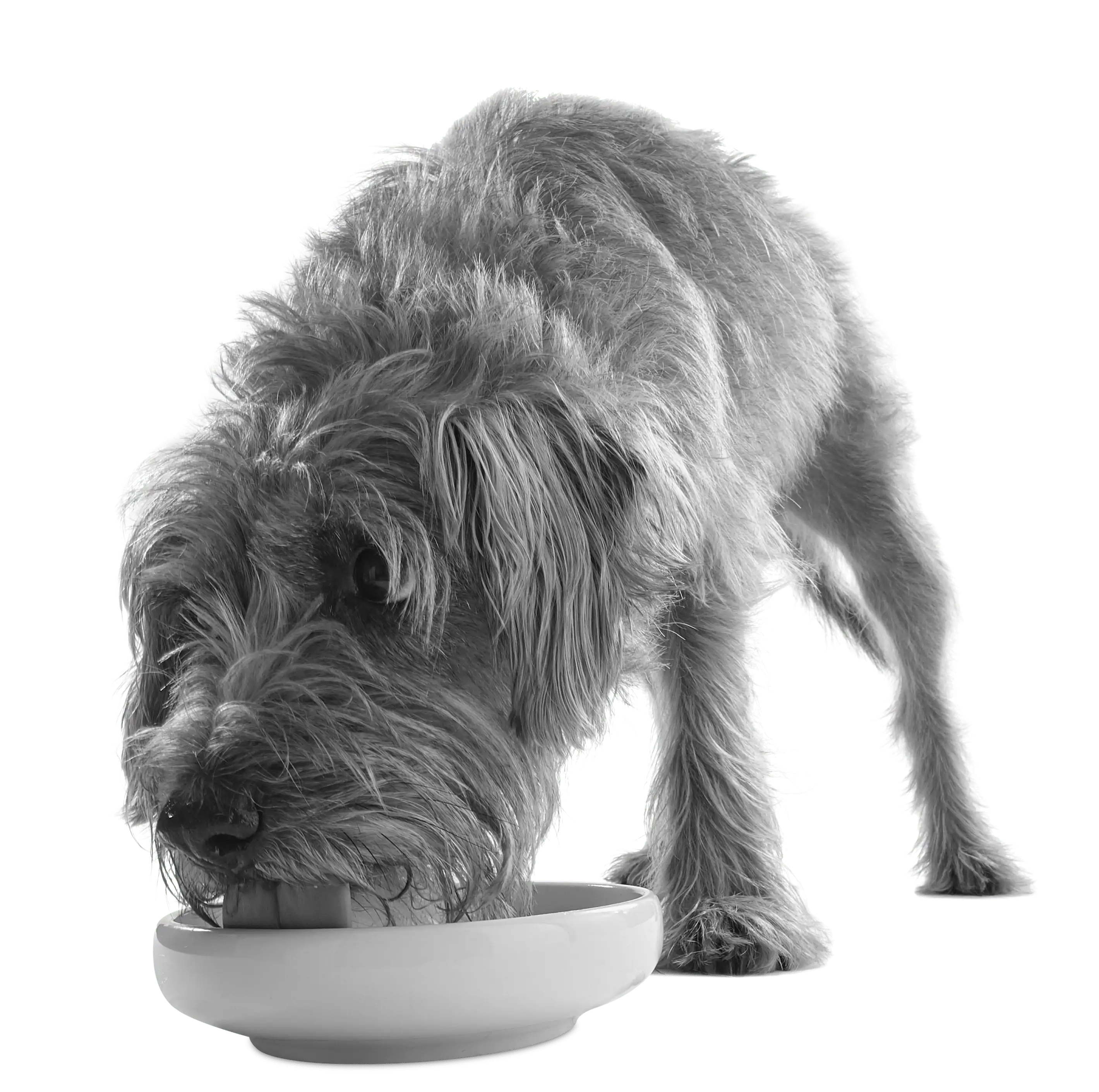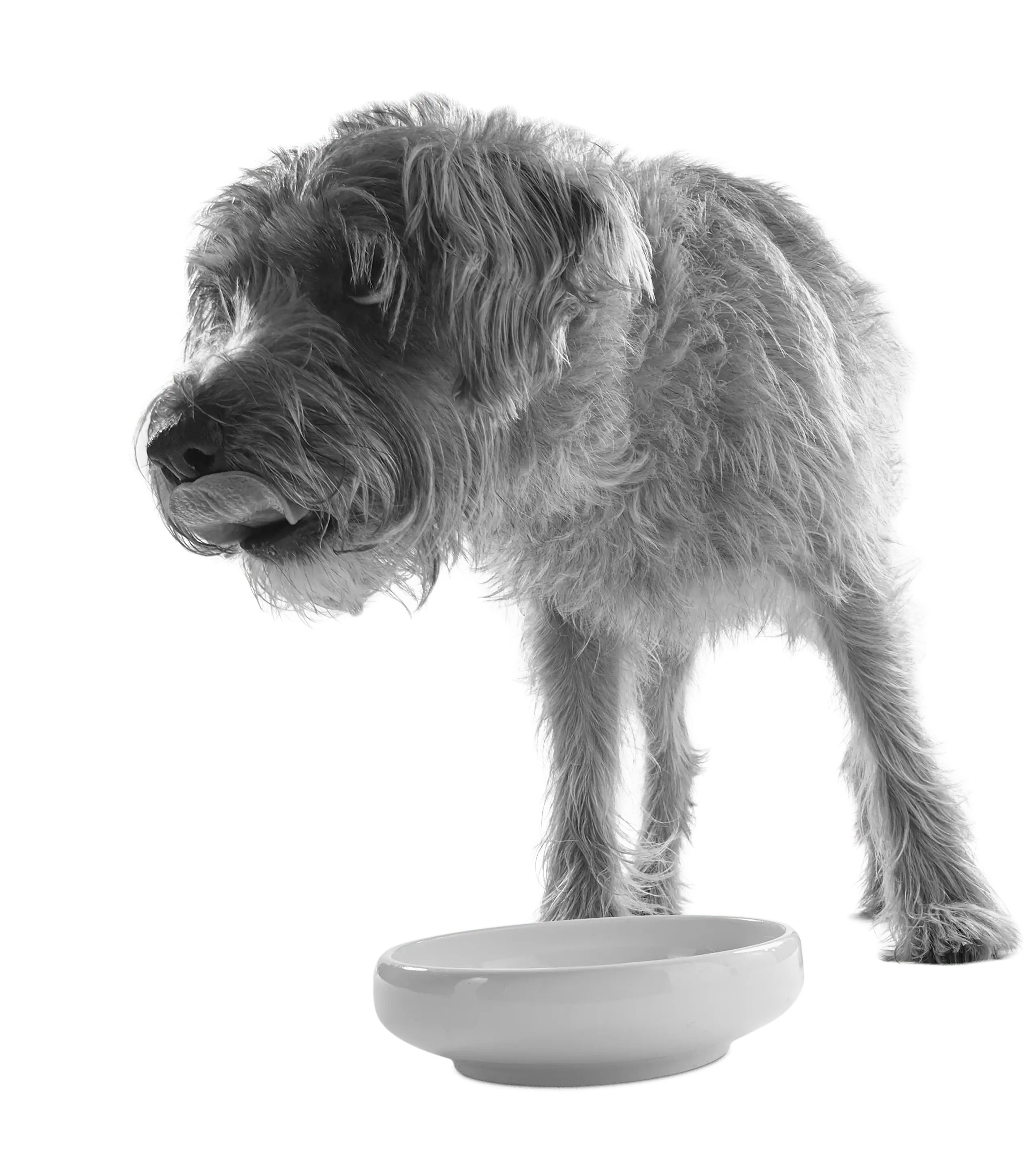Eating stones can be a rocky road for our debris-devouring dogs.
Our quite quirky canine companions will tend to chew on almost anything they can get their paws on.
There’s a weird and wonderful assortment of objects that can end up inside their mouths, but rocks are without doubt one of the most threatening.
These dangerously inedible gobstoppers can cause a vast amount of oral and internal complications, which we’ll explore in this blog.
How can you stop your dog from eating rocks and stones?
1. Training
Basic obedience training is a solid option when attempting to eradicate and correct the rather abnormal behavioural traits of your four-legged friend. This can literally become a life-saver as it is likely the quickest and most effective way of extinguishing bad habits.
2. Commands
Pet parents might feel as though they’re barking up the wrong tree at times when trying to get their dogs to obey basic commands, but with patience and perseverance you can start seeing results. Teaching dogs to “drop it” or “leave it” establishes the chain of authority, and will eventually reinforce the message that a certain type of behaviour isn’t acceptable.
3. Positive reinforcement
Rewarding your four-legged friend for good behaviour will encourage them to continue down the same path. If they “leave” or “drop” a rock when told, then vocal recognition of that act, providing them with an edible dog treat, or bestowing them with plenty of tummy rubs and hugs will soon help them identify the link between doing the right thing and getting praise/a reward.
4. Bonding
Dogs crave both mental and physical stimulation to stop themselves from doing silly things, like chewing on rocks! Find a shared activity that can allow them to channel their energy into something more productive. It might be something as simple as a walk, a game of fetch, or it could be more of a challenge, such as training.
5. Diet
Providing your dog with a complete and well-balanced diet will ensure that they’re receiving all the goodness they require to keep them fit and strong while helping to curb their crazy cravings. Tasty food, with tempting textures and fabulous flavours, is the way to their heart and will keep their stomachs satisfied for prolonged periods of time.
In what way can eating rocks and stones be dangerous for a dog?
1. Intestinal blockages
It goes without saying that if the body can’t break down what’s going through it then there are going to be problems. Bowel obstruction can result in various complications, including death, in the most extreme cases.
2. Perforated stomachs
Swallowing something they shouldn’t can cause septic peritonitis, the perforation of a dog’s gastrointestinal (GI) tract. It can lead to vomiting, nausea, pain, fever, swelling and/or severe cramping.
3. Choking
Anyone or anything can choke on averaged-sized pieces of food. Therefore, it doesn’t take a rocket scientist to conclude that oversized chunks of rock are at greater risk of becoming dislodged in the throat and, when they do, they can be difficult to clear.
4. Tooth damage
Trying to bite into a solid and seemingly indestructible stone can have severe consequences for your pup’s pearly whites. A broken tooth or damaged gums can lead to infections, which may cause your dog to stop eating.
5. Digestive damage
Eating rocks never has or never will be conducive to good gut and digestive health. Ingesting objects with sharp, jagged edges can inflict internal lacerations, bleeding, ulcers and infections, which can be highlighted by excessive drooling, diarrhoea, vomiting, loss of appetite, abdominal pain and bloating.
My dog keeps choking on rocks and stones – What should I do?
There might be more to it than first meets the eye if your dog swallows rocks like they’re going out of fashion.
Pet parents might put their peculiar behaviour down to curiosity, boredom or playfulness, but it could be some form of medical disorder.
Possible underlying health issues include anaemia, caused by low levels of red blood cells and iron in the blood, an imbalance of electrolytes, gastrointestinal complications, behavioural issues or dietary problems.
If you suspect that your poor puppy is struggling or suffering in any way, then it is vital to contact your veterinarian at the earliest possible opportunity so they can be checked out and sent on the road to recovery.
Even if your canine isn’t suffering from any of the aforementioned conditions, putting a stop to their ‘heavy rock’ habits needs to happen as a matter of urgency.
Digesting stones is dangerous and can cause a catalogue of quite severe complications that will threaten to compromise the health, happiness and well-being of your four-legged friend.
Prevention is better than cure
Eating rocks can be life-threatening. There are no two ways about it!
Your pup’s long-term health, and physical wealth, is what matters the most to pet parents.
If you ever suspect that your canine has been snacking on stones, or you’ve witnessed it first hand, then you should seek immediate help from a professional.
Remember, prevention is better than cure, so finding a solution before it becomes a problem can be a life-saver.
Acting fast can save all parties from plenty of potential pain and heartache.
If you found this article helpful, you may also like:





